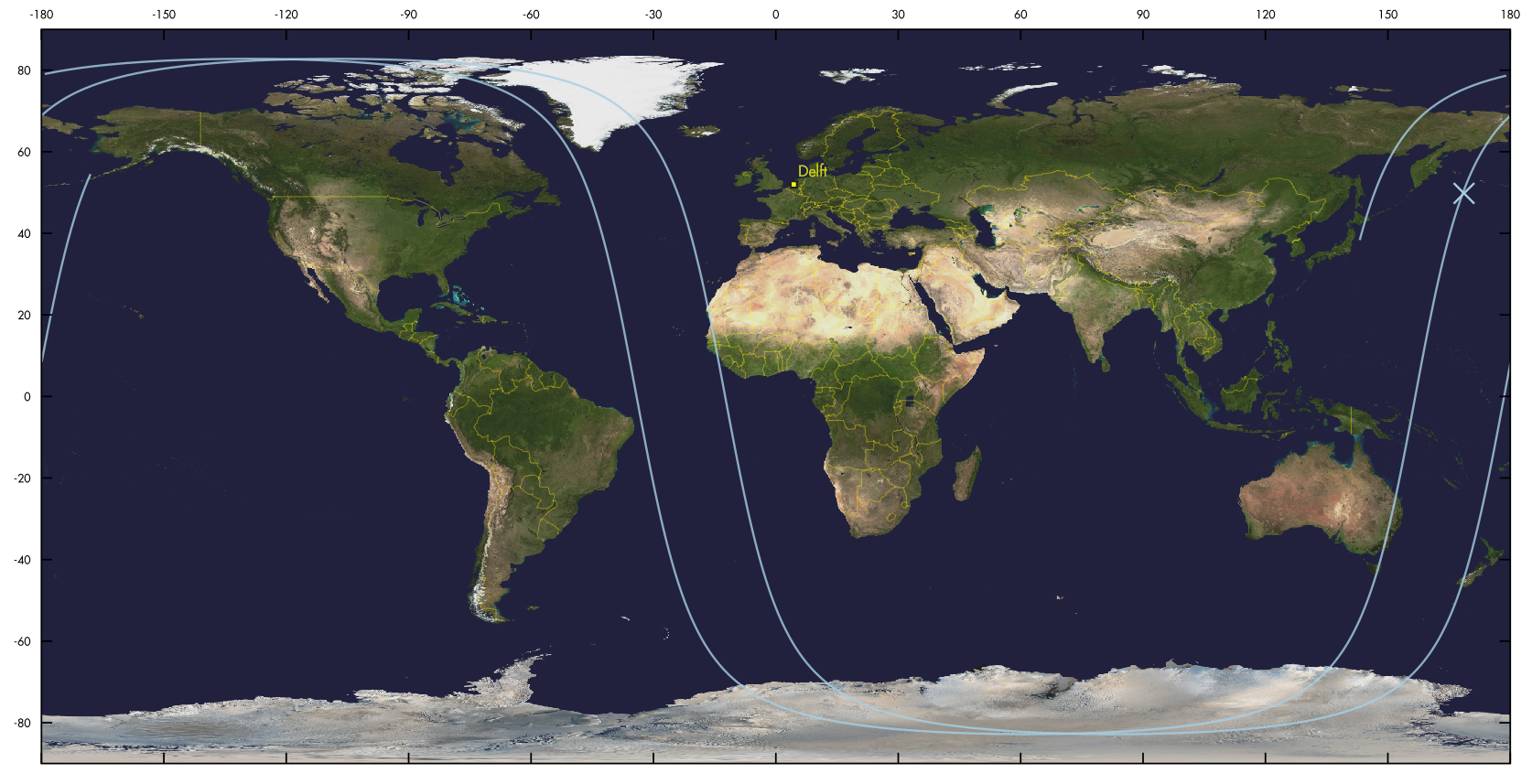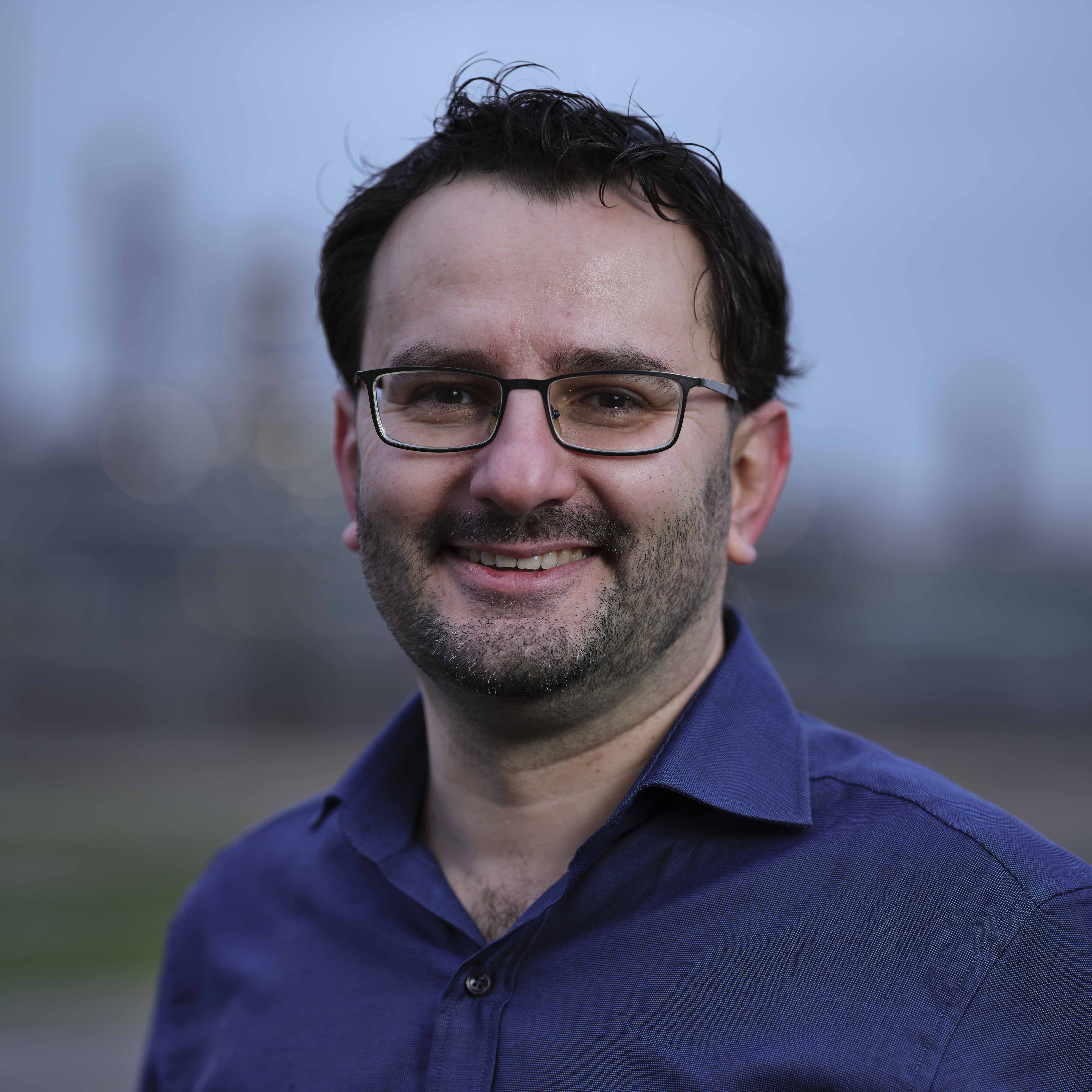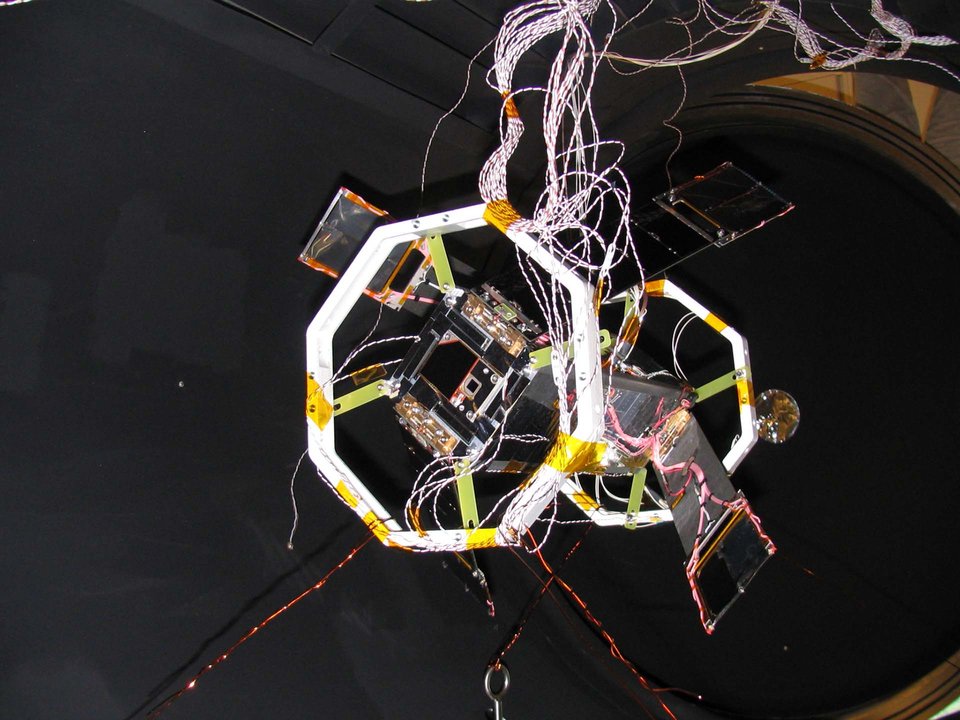The Delft Satellite Delfi-C3 Has Come to Its End
Last night, probably between 21:00 and 22:00 CET, the nanosatellite Delfi-C3 reached the end of its life at the age of 15. The Delfi-C3, the first satellite built by students, burned up in the atmosphere. In 2006, the small satellite was built by scientists from TU Delft, along with a group of about 60 students. It was launched from India in 2008. Since then, it has orbited the Earth more than 85,000 times, traveling approximately 3.7 billion kilometers.
This was much more than expected. In fact, its initial life expectancy was only about 3 months. That it lasted so long provided a lot of interesting information for scientists. Delfi-C3 tested, among other things, a type of solar cell that was new at the time of launch, 'the thin-film solar cells,' says Stefano Speretta. It also carried a TNO sensor onboard that calculates its position relative to the sun.
But its long lifespan did not make things easy for the scientists. Speretta says, 'To communicate with Delfi-C3, we used an outdated communication system that are no longer available. If something broke, I had to build everything myself. Moreover, the radio signals were getting weaker. I am both sad and relieved.'
Yet all this was more than worth the effort. 'The project has been a major boost for modern space travel in the Netherlands and for our competitive position in the world,' explains Chris Verhoeven. 'Students got a taste for it and started aerospace companies. In 2026, we want to bring an unmanned explorer to the moon. Thanks to Delfi-C3, we dare to say that we can do it.'
And now, the satellite has come to its end. Due to the resistance of the Earth's atmosphere, the satellite gradually decelerated and descended further over the years. This happens faster and faster, because the lower in the atmosphere, the stronger the air resistance. Last night, the friction became so intense that Delfi-C3 burned up.
Chris Verhoeven: 'I was at the ground station on Friday. There, I heard the satellite live for the last time. I had tears in my eyes.'



